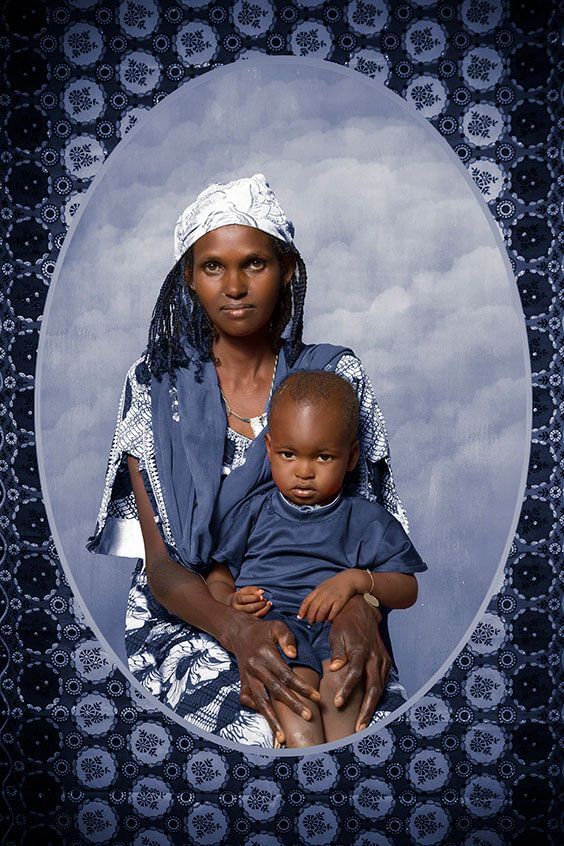
Unveiling History Through Style: The Berlin Conference Capsule Kullection
Introducing our capsule collection – The Berlin Capsule Kullection; a collection of T-shirts inspired by the Berlin Conference of 1884-1885.
In the records of history, certain events stand out not only for their significance at the time but for the enduring impact they have had on Africa and its culture. The Berlin Conference of 1884-1885 is one of them – a gathering of European powers that irrevocably altered the course of Africa's history, leaving an impact that continues to shape Africa to this day.
In the ever-evolving tapestry of fashion, we believe in more than just aesthetics. Our new collection serves as a poignant reminder of a historical chapter that has significantly shaped Africa's narrative. Let's dive into the essence of this NACK collection and the story it aims to tell.
The Berlin Conference: A Turning Point
The Berlin Conference marked a pivotal moment when European powers convened to carve up Africa, ignoring its rich cultural mosaic. Convened by Chancellor Otto von Bismarck of Germany, the Berlin Conference brought together European powers to discuss the division and colonization of Africa. With no African representation present, these nations effectively carved up the continent among themselves, drawing arbitrary borders that ignored the continent's rich diversity of cultures, languages, and ethnic groups. At NACK, we recognize the importance of acknowledging this historical event and its enduring impact on the continent.
In the face of these stark realities, shedding light on the Berlin Conference is more important than ever, because it helps to foster a historical understanding. By understanding the origins and consequences of the Berlin Conference, we gain insight into the complex historical forces that have shaped Africa's trajectory and we can work towards creating a more equitable and inclusive future for all Africans.
The Negative Impacts on Africa
The repercussions of the Berlin Conference were profound and far-reaching, plunging Africa into an era of colonial domination and exploitation, including:
- Territorial Disruption: The arbitrary drawing of borders disregarded existing tribal territories and ethnic divisions, leading to tensions and conflicts that persist to this day.
- Economic Exploitation: European powers exploited Africa's vast resources, including minerals, timber, and agricultural products, enriching themselves at the expense of indigenous populations.
- Cultural Suppression: Indigenous cultures and traditions were suppressed or eradicated, as European colonial powers imposed their languages, religions, and social systems on African societies.
- Social Disruption: The introduction of colonial rule disrupted traditional social structures and ways of life, leading to widespread social upheaval and dislocation.
- Political Instability: The legacy of colonialism left many African nations with weak or unstable governments, struggling to overcome the divisions and inequalities imposed upon them by colonial rule.
Beyond Fashion: A Message of Awareness
These NACK Berlin Capsule Kullection goes beyond mere threads and fabric – they embody a call for awareness and understanding. By wearing them, you become part of a movement to shed light on the consequences of decisions made during the Berlin Conference. Our collection encourages the NACK Tribe to reflect on the lingering colonial legacy in African societies. It's a tribute to the resilience of nations navigating the aftermath, fostering dialogue about unity, cultural appreciation, and the importance of embracing diversity.
Join the Conversation
NACK Apparel invites you to be a part of a conversation that transcends fashion. Each shirt tells a story, and we want you to be a storyteller. Share your thoughts, insights, and reflections as we collectively strive for a future that celebrates diversity and equality. Your support of NACK Apparel goes beyond acquiring a stylish garment. It contributes to a mission – one that intertwines fashion with advocacy. Join us in making a statement, starting conversations, and shaping a narrative that reflects our commitment to a better, more inclusive world.
The Berlin Conference may be a distant chapter in history, but its legacy continues to reverberate across Africa and the world. By acknowledging the past, we can work towards building a better future – one that honors the resilience, diversity, and strength of the African continent and its people. Let us shine a light on the Berlin Conference, not just as a historical event, but as a reminder of the ongoing struggle for justice and equality in our world today.


